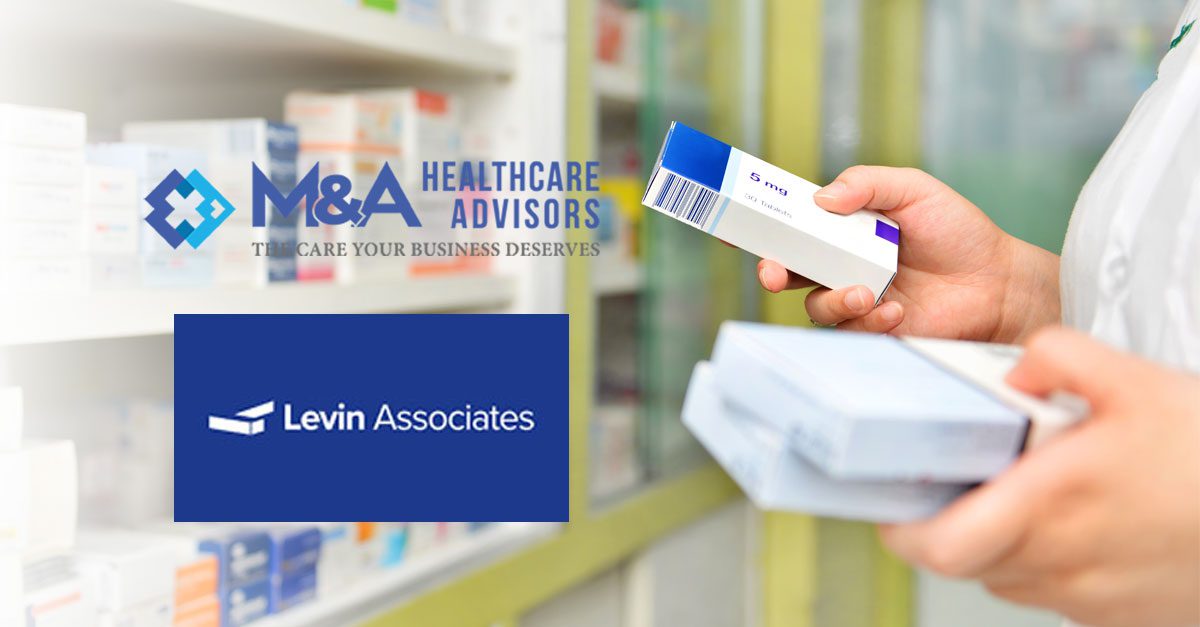“Not too long ago the industry was much more fragmented, and independent pharmacies occupied the majority of the market,” Andre Ulloa said, Partner at M&A Healthcare Advisors, a boutique advisory firm focused on serving the healthcare industry. “Now, they’re about 20% of the market, with 80% occupied by a handful of large-cap healthcare corporations.”

A Resilient Industry: M&A Trends in Specialty Pharmacy
Significant changes have swept the specialty pharmacy market over the past several years. It was once a niche in the pharmacy industry but has grown significantly in market size. According to a report by Axtria, specialty drug spending is growing and constituted about 46% ($222.9 billion) of all prescription drugs in 2019, compared with 34.9% ($132 billion) in 2014. These numbers make sense with the tailwinds that pushed the industry, such as an aging population in the U.S. creating a greater need for medications that treat chronic and complex diseases.
Most of the changes in the market have come from M&A activity. Consolidation has swept the industry, with a few players controlling most of the verticals.
“Not too long ago the industry was much more fragmented, and independent pharmacies occupied the majority of the market,” Andre Ulloa said, Partner at M&A Healthcare Advisors, a boutique advisory firm focused on serving the healthcare industry. “Now, they’re about 20% of the market, with 80% occupied by a handful of large-cap healthcare corporations.”
We see this reflected in the data we’ve captured on the healthcare M&A market on LevinPro HC. Players across retail pharmacy and managed care have built up their specialty pharmacy segments through acquisitions. In 2021, Walgreens Boots Alliance, Inc. took a majority stake in Shields Health Solutions in a deal valued at $1.37 billion. Shields Health Solutions’ national presence can’t be overstated. It has partnerships with more than 70 health systems and serves more than 1 million patients.
In 2020, Centene Corporation acquired PANTHERx, one of the largest specialty pharmacies in the United States specializing in orphan drugs and rare diseases. Specific terms were not disclosed, but in the company’s 2020 annual report, Centene said the acquisition was a “significant” amount of the $7 billion Centene spent on investments that year.
OptumRx, the free-standing pharmacy care business of Optum, a subsidiary of UnitedHealth Group, purchased Diplomat Pharmacy in 2020 for $300 million, plus the assumption of Diplomat’s outstanding debt of $586.51 million. Diplomat Pharmacy provides specialty pharmacy and infusion services nationwide, specializing in managing medications that treat patients with complex chronic diseases. It has a presence in all 50 states and Washington, D.C.
“All of the major pharmacies have been merged with or acquired by insurance companies and/or pharmacy benefits managers (PBMs),” Ulloa said. “These intermediaries have wedged themselves into virtually all the pharmacy medicare reimbursement for independent specialty pharmacies. It’s a clear conflict of interest when the reimbursement for medicare patients is managed by a competitor pharmacy. PBMs have been the primary reason for the consolidation and/or divestiture of independent specialty pharmacies.”



